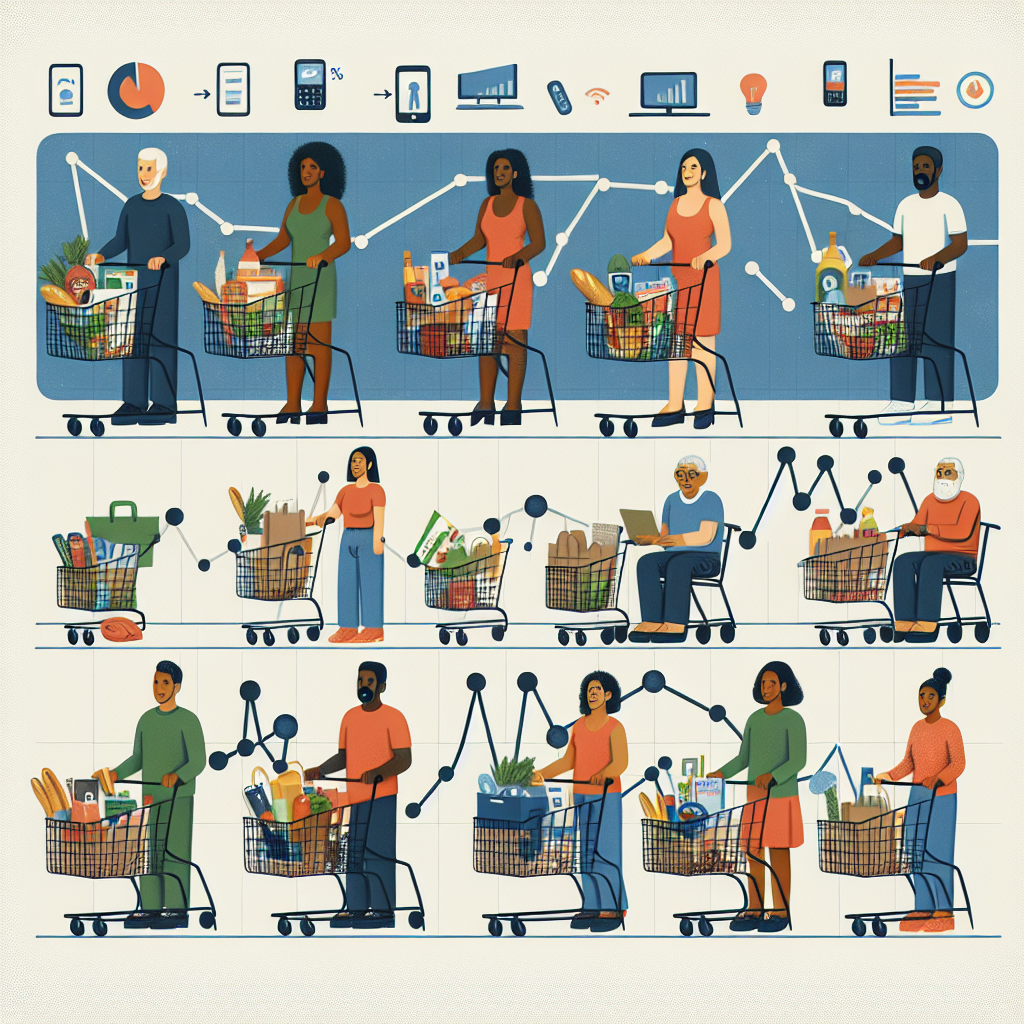U.S. Consumer Spending Declines Amid Inflation Concerns
U.S. consumer spending fell 0.2% in January due to cold weather and economic policies, despite a 0.8% rise in December. Tariffs and disruptions negatively impacted economic growth expectations for Q1 2023, while inflation climbed, affecting both businesses and households.

- Country:
- United States
In a surprising downturn, U.S. consumer spending decreased by 0.2% in January, despite a promising 0.8% rise observed in December. The decline is attributed to unseasonable cold weather along with the economic impact of the Trump administration's tariff policies that have shaped consumer behaviors and economic forecasts.
Economists had anticipated a slight increase in consumer spending for January following December's surge driven by pre-emptive purchases ahead of expected tariff hikes. Unexpected weather patterns, such as snowstorms and wildfires, alongside the administration's tariffs, disrupted this trend, leading to a slowdown in economic activity.
Business and consumer confidence have dwindled due to tariff-imposed uncertainties, which have also raised inflation concerns. The PCE price index, watched closely by the Federal Reserve, rose by 0.3% in January. The anticipated economic growth for the first quarter remains under 2.0%, prompting expectations that the Federal Reserve may maintain current interest rates for a protracted period.
(With inputs from agencies.)
ALSO READ
Powell at the Crossroads: Leadership Drama at the Federal Reserve
Federal Reserve Under Fire: Jerome Powell Faces Investigation Amid Trump Pressure
Trump Stands Firm Amid Controversy Over Federal Reserve Chair Jerome Powell
The Crucial Independence of the Federal Reserve
Economic Adviser Denies Involvement in Federal Reserve Probe










